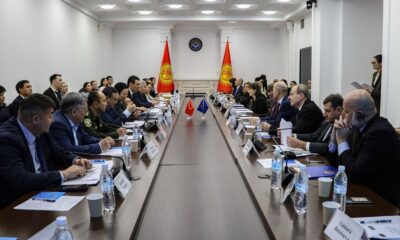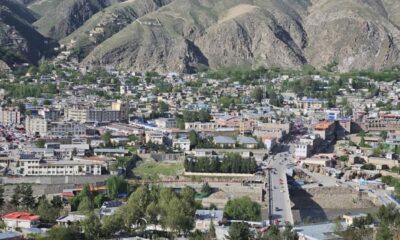Latest News
Pakistan won’t support any attempt by Taliban to recapture power: ISPR general
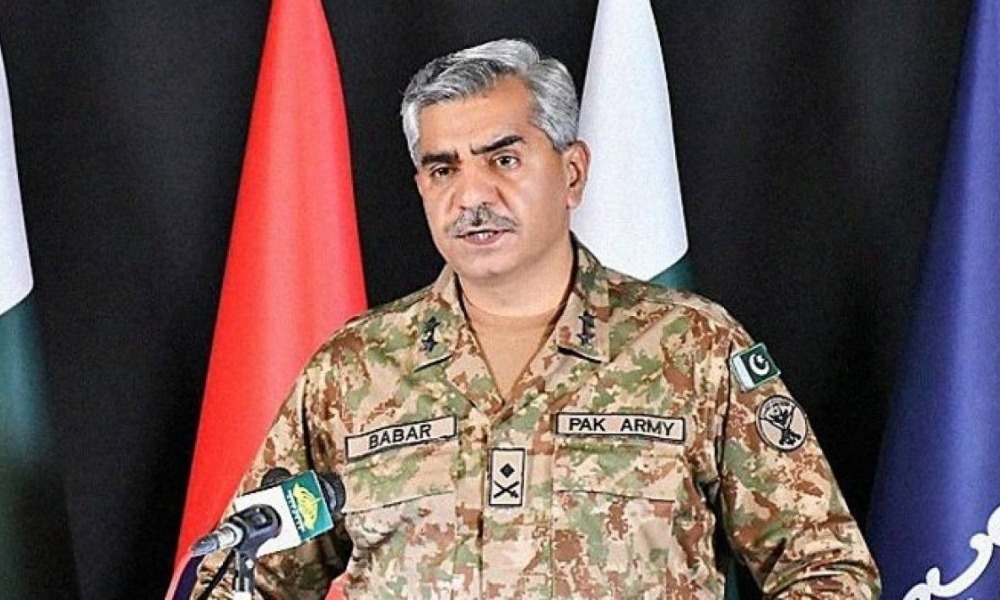
Pakistan’s Director General of the Inter-Services Public Relations (ISPR) Major General Babar Iftikhar said Wednesday that Pakistan has done what it can to promote peace efforts in Afghanistan and that Islamabad will not support the Taliban in any attempt to “recapture Kabul”.
Speaking to journalists on Wednesday, Iftikhar said: “Even Afghan leaders are admitting that Pakistan has done utmost for peace in Afghanistan.”
Pakistan’s The News International quoted him as saying that it is for the citizens and the government of Afghanistan to determine the future of their country, and how the negotiating process would progress.
“We only aim for a long-lasting peace in Afghanistan,” he said.
On a question on NATO forces’ likely drawdown and a possible return of the Taliban, he said: “Afghanistan now is not what it was in ’90s and the state infrastructure cannot be trounced easily, and Pakistan also has changed.
“It’s impossible for the Taliban to recapture Kabul and that Pakistan would support them. It isn’t going to happen,” he said.
The News reported that he maintained the policy of the Pakistan government to extend a hand of peace to the neighbours was very clear.
This comes just days after Russia’s special envoy for Afghanistan Zamir Kabulov visited Islamabad to encourage Pakistan’s support for a meeting in Moscow to help facilitate the stalled Afghan peace process.
Kabulov told Russian news agency Sputnik that his “leadership has set the task of finding ways that will facilitate the start of inter-Afghan negotiations through consultations within the framework of the enlarged troika. We agreed on such a meeting with the American special envoy [Zalmay] Khalilzad. It can happen in Moscow.”
The “enlarged troika” was in reference to what Kabulov said was a group that evolved over the last two years, including countries with the most influence on the Afghan peace processes – the United States, China, Iran, Pakistan and Russia.
VOA reported that the Moscow format was a Russian initiative to organize regional stakeholders involved in the Afghan peace process. Its second meeting in 2018 brought the Taliban to an international forum for the first time. The U.S. sent representatives to observe.
Latest News
Kyrgyzstan, European Union discuss infrastructure and investment priorities

The Ministry of Foreign Affairs of the Kyrgyz Republic announced that on 6 February 2026, the 7th meeting of the Subcommittee on the Development of Cooperation between the Kyrgyz Republic and the European Union was held in Bishkek.
The Kyrgyz delegation was led by Deputy Minister of Foreign Affairs Meder Abakirov, while the European Union delegation was headed by Charlotte Adrien, Head of the Central Asia and Afghanistan Division at the Directorate-General for International Partnerships of the European Commission.
With participation from representatives of various Kyrgyz ministries and agencies, the meeting focused on infrastructure and investment priorities, as well as progress in implementing key EU–Kyrgyz cooperation instruments.
Deputy Minister Abakirov, alongside government representatives, briefed the EU delegation on achievements in ongoing programs and projects, presented new proposals, and outlined future prospects for regional cooperation with the European Union.
Charlotte Adrien highlighted positive developments under the Global Gateway initiative, particularly the signing of a Memorandum of Understanding between the Kyrgyz Republic and the European Investment Bank in the energy sector.
Both sides exchanged views on key issues of bilateral and regional cooperation and identified priority areas to further strengthen and improve the effectiveness of joint efforts in areas of mutual interest.
Latest News
Traffic accident in Badakhshan leaves 12 dead, 3 injured
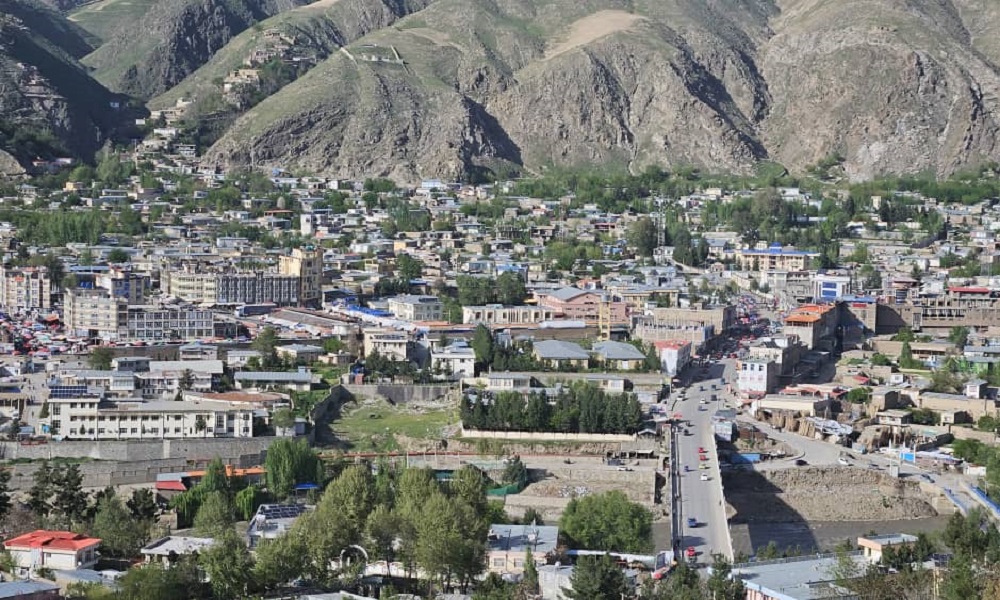
Ehsanullah Kamgar, spokesperson for the Badakhshan Provincial Police Command, said that 12 people were killed and three others were seriously injured in a traffic accident in Arghanjkhwah district of the province.
Kamgar added that the incident occurred at noon on Saturday in the Samdar area of Arghanjkhwah district.
According to him, the victims include men, women and children.
He explained that the incident happened when a Flancoach -type vehicle veered off the road due to poor road conditions and plunged into a ravine.
The injured were transferred to health centers for treatment, and the condition of some of them has been reported as critical.
Latest News
Afghanistan to grant one- to ten-year residency to foreign investors
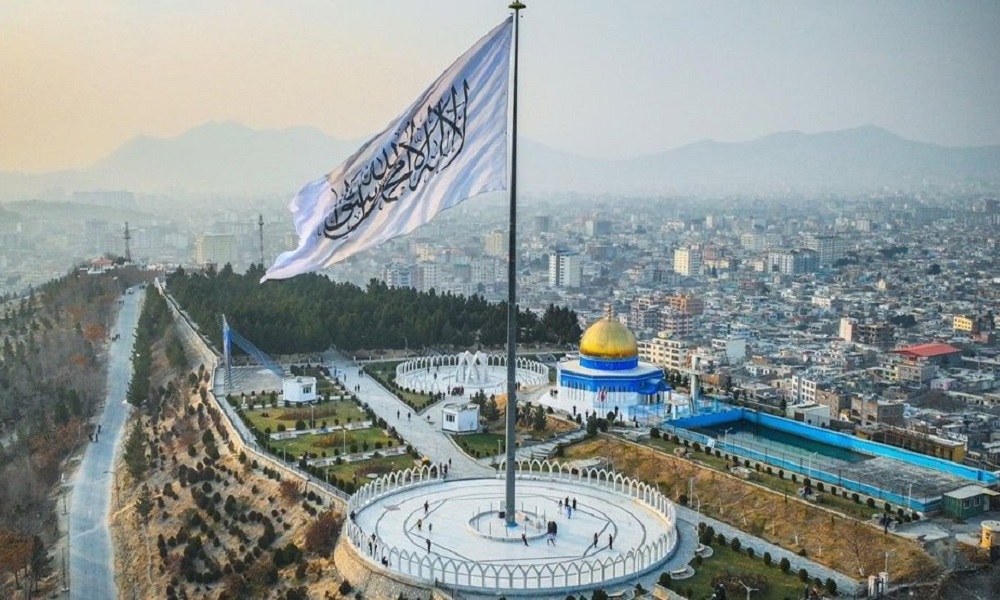
The Islamic Emirate of Afghanistan has approved a plan to grant foreign investors residency permits ranging from one to ten years in exchange for investment in the country.
The decision was endorsed during a regular meeting of the Economic Commission, chaired by Deputy Prime Minister for Economic Affairs Mullah Abdul Ghani Baradar.
According to a statement from the deputy PM’s office, a designated committee has been tasked with determining the length of residency based on the volume of investment, which will be categorized under specific criteria.
-

 Sport5 days ago
Sport5 days agoJapan trumps Afghanistan 6-0 in AFC Futsal Asian Cup quarter-final
-

 Sport4 days ago
Sport4 days agoHosts and heavyweights advance as AFC Futsal Asian Cup reaches semifinals
-

 Latest News3 days ago
Latest News3 days agoTerrorist threat in Afghanistan must be taken seriously, China tells UNSC
-

 Latest News4 days ago
Latest News4 days agoUzbekistan, Pakistan advance Trans-Afghan railway project
-
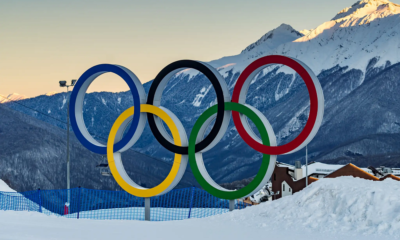
 Sport4 days ago
Sport4 days agoWinter Olympics finally underway, ATN to broadcast exclusively across Afghanistan
-

 Sport4 days ago
Sport4 days agoAfghanistan beat West Indies in final T20 WC warm-up match
-
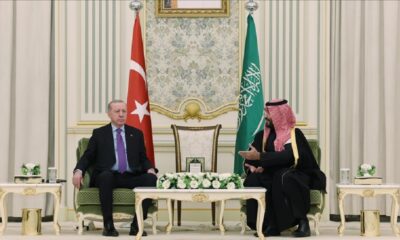
 Regional5 days ago
Regional5 days agoTurkish President Erdogan meets Saudi Crown Prince in Riyadh
-

 Sport2 days ago
Sport2 days agoIndonesia shock Japan to reach historic AFC Futsal Asian Cup final


